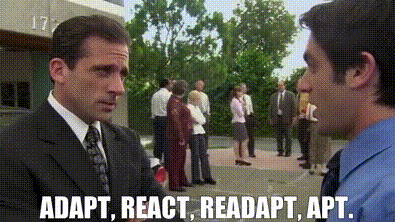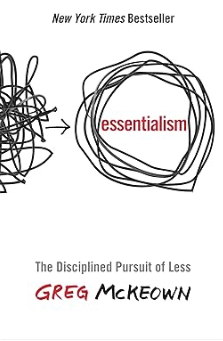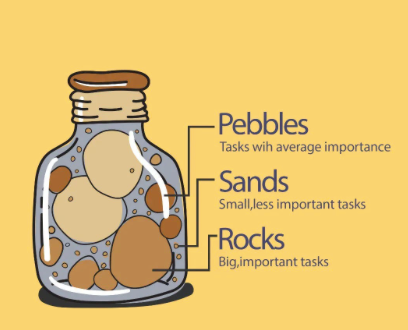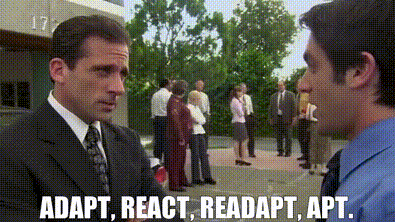Random Thoughts on Planning & Program Design

Today's post is going to be a brain dump of sorts on some of my thoughts regarding program design. The inspiration of this post came from this excerpt from Tim Caron's textbook Strength Deficit.
"There's an anti-periodization group out there. No doubt it's increasingly difficult to plan and prepare with an ever growing list of things to manage with training.
However, this is just laziness and cowardice. It is the uncertainty of the outcome that gives credence to more diligence with planning."
- Compare 'Needs to Have' vs. 'Nice to Have'
A major issue with a lot of young coaches, and something I was guilty of early in my career, is trying to jam too many things into a program - failing to properly prioritize them.
If you could only train for 30 minutes what would the session look like? If you could only train three times a week, what would that program look like?
If you feel overwhelmed and find yourself wanting to fix everything and are unsure of what the big rocks are, this exercise is great for leading you to the correct solution.

2. KPI's Are A Double Edged Sword!
KPI stands for Key Performance Indicators, but it can also stand for Key Performance Inhibitors!
What are the big rocks?

- What do you analyze?
- What is the aberrant movement?
- What's the cause of the error/inefficiency
- How do we change things?
Identifying KPI's and correctly ranking them hierarchically is a crucial skill to be a successful coach.
3. Adapt. React. Readapt. Apt.

We need to always have a Plan B and a Plan C. The ability to audible mid-session and mid-practice comes from having a deep well of understanding and experience. It's important to perform consistent audits and debriefs, and continue to study to improve your knowledge base and systems.
4. Beware of the Strengths vs. Weaknesses Trap
With advanced athletes we need to be careful not to focus too much on weaknesses or we risk potentially taking away what makes them unique and elite at what they do. We want to keep their strengths strong, and work to enhance them, while nudging the weaknesses.
However, even with intermediate athletes, too much focus on their weaknesses can lead to a loss of confidence. Remember, you need to coach the person and athlete in front of you and take all factors into account (emotional, pyschological, etc.).
I hope you got something out of today's post!
